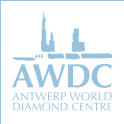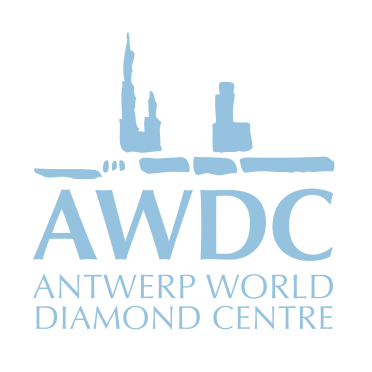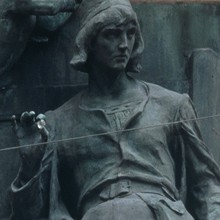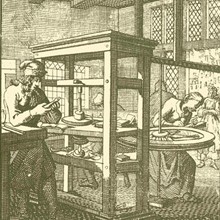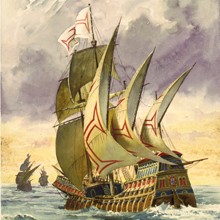The history of the Antwerp Diamond Center
FiltersBy the 15th century Antwerp, which is located on the Scheldt river with direct access to the North Sea, had become a primary diamond centre. It was a position that it has maintained ever since.
The first recorded evidence of the existence of diamond trade in Antwerp was in 1447, when a city magistrate issued an edict demanding that strict measures be taken prevent the trade in false precious stones, including diamonds. In 1483, a certain Wauter Pauwels is listed as a diamond cutter when he is admitted as a member to the Cathedral Fraternity of our Lady’s Honour.
Antwerp’s position in the diamond trade was bolstered further by the discovery of a direct sea route to India by the Portuguese mariner Vasco da Gama in 1498, and the shift in the trade balance from Venice to Lisbon. With relatively easy passage possible between Lisbon and Antwerp, the Flemish city continued to consolidate its position in the diamond trade and industry.
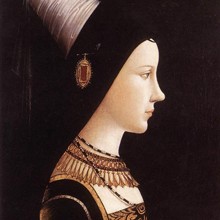
Archduke Maximilian of Austria gives a diamond ring to Mary of Burgundy, establishing the tradition of diamond engagement rings.
Archduke Maximilian of Austria gives a diamond ring to Mary of Burgundy, establishing the tradition of diamond engagement rings.


